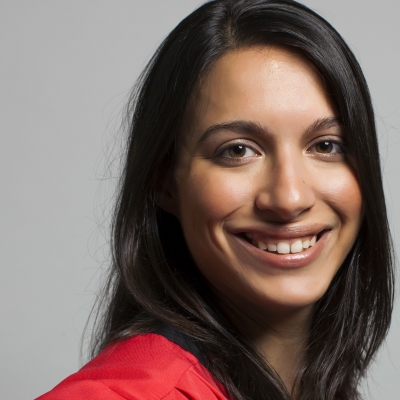Advertisers are remaining quiet amid sexual misconduct allegations against CBS CEO Leslie Moonves.

August 02, 2018 01:30 AM
Featured Stories
How OpenAI’s new commercial CEO gives hope for closer ties to advertisers
The appointment of Instacart’s Fidji Simo comes days after OpenAI reversed course on a company restructure.
Latest News
Staying current is easy with newsletters delivered straight to your inbox.
See More in Media
Staying current is easy with newsletters delivered straight to your inbox.








